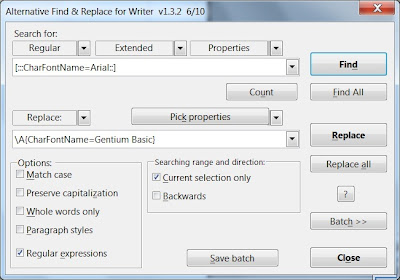I finally made the trip yesterday with 2 friends.
The weather was great for kayak. It was sunny and windy. There was lots of clouds in the morning but it did get a little to hot in the afternoon. The water was relatively calm and the currents were not too strong.
I saw lots of interesting things, including rubbish. When we kayak up the river, it was a little bit like those scenes you see from the nature documentaries. I almost expect a crocodile to jump out and snap at me.
Here's some photographs I took with my waterproof camera, the Fujifilm XP. It was quite difficult to take photos on the kayak as it is constantly moving and many pictures turn out to be quite blur. The colors from the camera turns out to be rather flat, especially when the sun light is strong. In constrast, I get more vivid colors from the Panasonic Lumix camara. The biggest problem is the water droplets on the lens panel. It's difficult to wipe it dry when you are out in the water and all wet. I will need to find some fabric to wipe it next time. Camera makers -- here a feature to consider -- add some coating or material to the lens panel that will repel water.
 |  | |
 |  | |
 |  | |
 |  | |
 |  | |
 | ||
